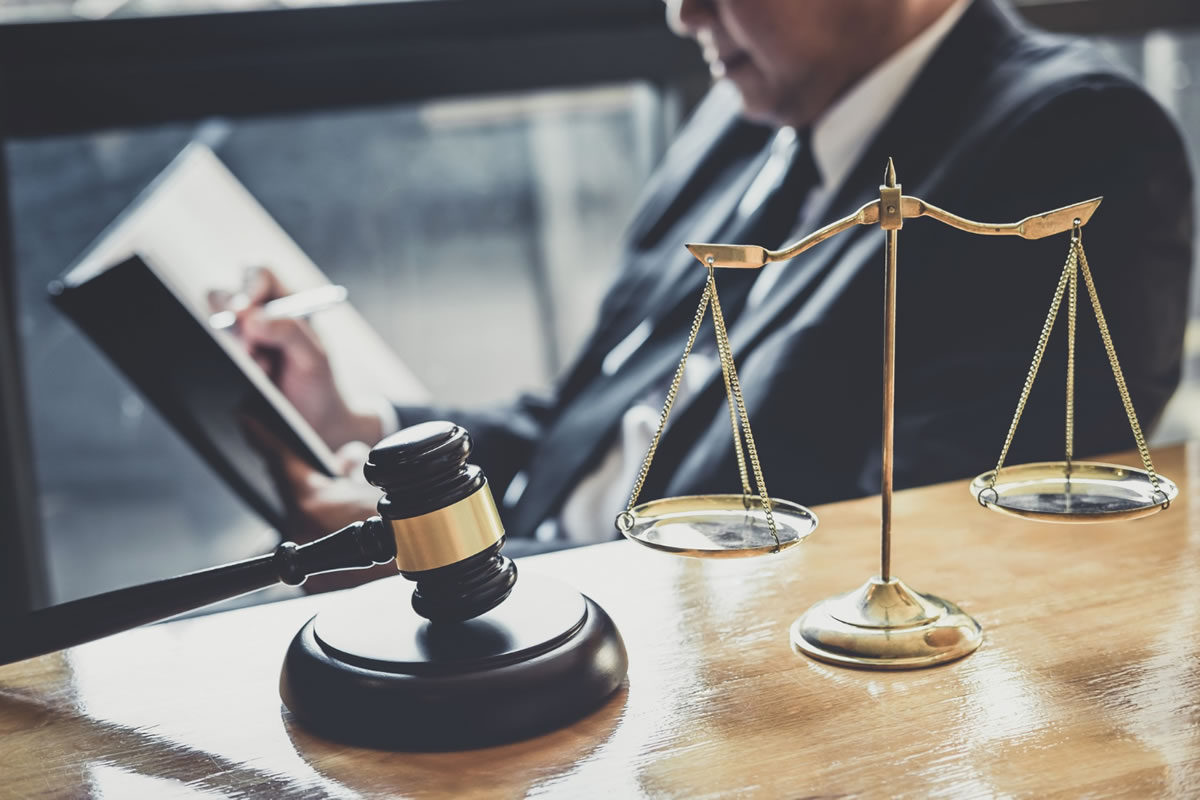


Are you confused about how bail amounts are decided? When an individual is arrested for a criminal offense, the primary priority for his or her family is getting them released from jail. Most cases allow bail bonds in Orlando in order to be released from prison until your hearing. However, there are certain cases during which bail is often denied outright and thus the person must remain in jail. Public safety is often their primary concern, and if they have reason to believe there is a threat, they will keep the defendant contained. There are a few cases where bail may be denied and you will be kept in prison until your hearing.
If a defendant who's already on parole gets charged with a secondary crime, the court can deny bail on the grounds that the person will willfully continue committing offenses while free. A judge may keep such a defendant in jail until trial to protect the welfare of society.
When the person could pose a threat to others
If a defendant displays signs of instability, a judge will deny bail because the defendant might be a threat to him- or herself or others. In such cases, the defendant could be sent to a psychological state treatment facility rather than being held in jail until trial. Regardless, bail isn't offered to defendants who are flagged as potentially violent offenders.
Severe crimes, including manslaughter, murder, rape, etc., are treated differently than minor crimes and other less serious charges. Because they might be charged with the execution, suspects in these cases aren't offered bail and must be kept in custody until a jury trial determines their guilt or innocence.
If you are deemed a flight risk, the courts have reasons to believe that you could potentially leave the town, state, or country and not return for your court appearances. If a defendant features a history of fleeing from the law, a judge could deny bail so as to stay the person in jail and stop him or her from running. an individual who displays erratic behavior are often flagged as a flight risk also, as can a non-US citizen who could easily skip out and return to his or her home country.
If a defendant gets denied bail, he or she is returned to jail and must wait there until subsequent hearing. At that hearing, the defendant can request bail again. He or she will alternatively appeal to a better court system to reverse the choice and be offered bail.
These are just a few reasons why the courts may not actually issue bail for you to be released from jail. Instead, you will need to stay in prison until your sentencing hearing. If you are confused or need clarity about this process, contact our experts in bail bonds in Orlando today.